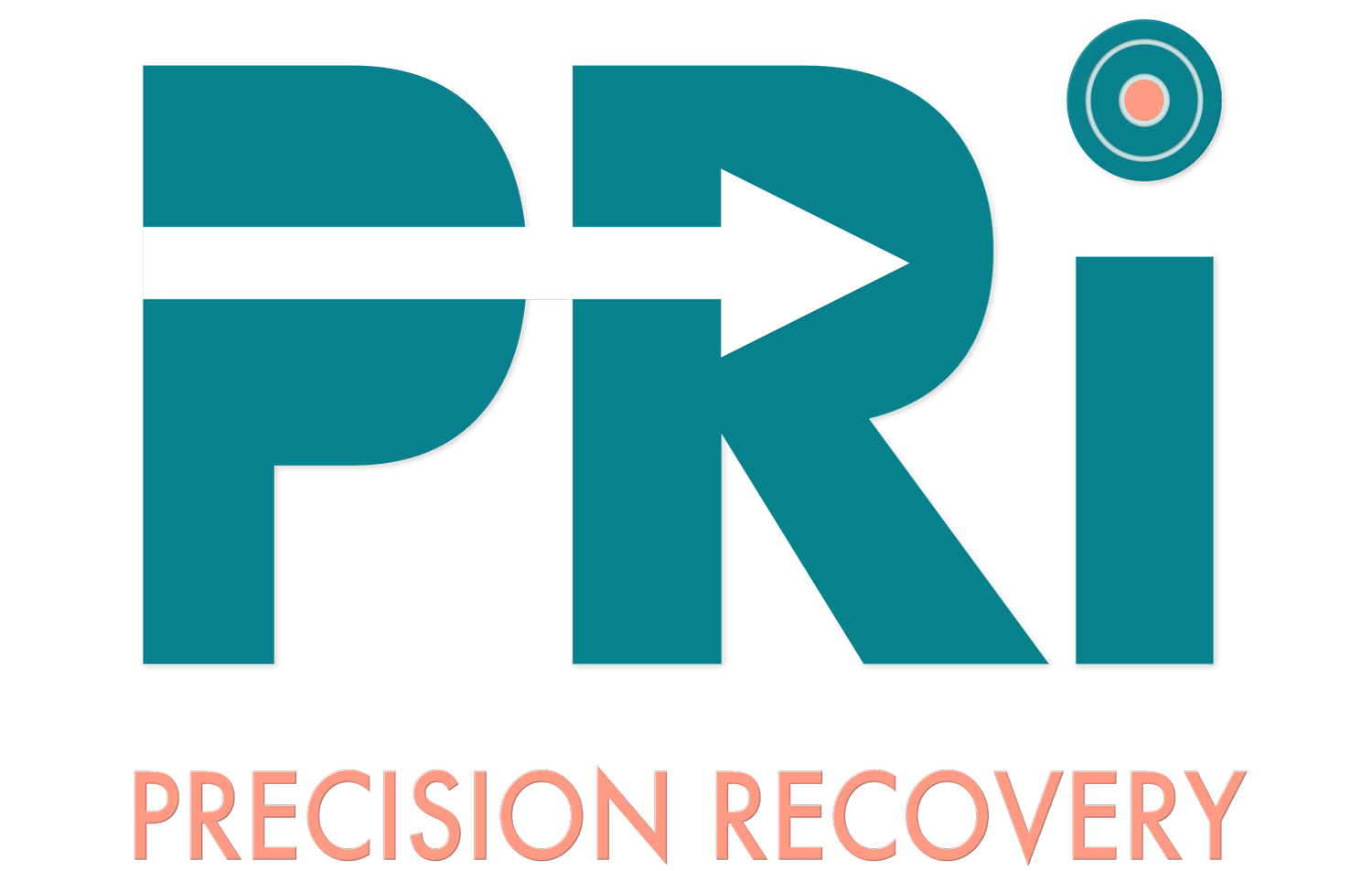Top 10 tips for navigating stroke recovery
Rebuilding Independence: Practical Tips for Stroke Survivors
A stroke can be a life-altering event, impacting both physical and emotional well-being. Navigating the road to recovery after a stroke requires dedication, patience, and a well-structured rehabilitation plan. Stroke rehabilitation aims to restore lost abilities, improve quality of life, and promote independence. Here are some invaluable tips to help you or your loved one navigate the path to stroke recovery.
1. Start Early, Stay Consistent: The journey of stroke rehabilitation begins as soon as the patient's medical condition stabilizes. Early intervention is crucial, as it maximizes the potential for recovery. Working closely with a team of healthcare professionals, including physiotherapists, occupational therapists, and speech therapists, can help develop a personalized plan that aligns with your goals and needs. Consistency is key – commit to your rehabilitation exercises and therapies regularly to see positive results.
2. Set Realistic Goals: Recovery after a stroke is a gradual process, and it's essential to set realistic goals. Celebrate even the smallest victories. Whether it's regaining the ability to lift a spoon or taking a few unassisted steps, each achievement signifies progress. These milestones can help maintain motivation and boost morale throughout the recovery journey.
3. Embrace Patience: Stroke recovery is not a linear path, and setbacks can occur. Frustration and impatience are natural reactions, but it's crucial to remain patient with yourself or your loved one. Healing takes time, and progress may be slow. Embrace the journey and focus on the improvements made, no matter how small they might seem.
4. Communicate Openly: Effective communication with your healthcare team and your support network is vital. Discuss your concerns, questions, and goals openly with your therapists and doctors. They can adjust your rehabilitation plan based on your feedback and address any uncertainties you may have. Additionally, sharing your experience with friends and family can provide emotional support and encouragement.
5. Involve Caregivers: Caregivers play a significant role in stroke recovery. If you're a caregiver, learn about the rehabilitation process and how you can assist without causing undue strain. Be patient and understanding, and encourage the stroke survivor while respecting their limitations. Caregivers' support can greatly contribute to the success of the rehabilitation journey.
6. Nutrition and Lifestyle: A balanced diet and healthy lifestyle can positively impact stroke recovery. Consult a nutritionist to create a diet plan that supports recovery and addresses specific needs, such as managing blood pressure and cholesterol levels. Staying physically active, even within the limits of your condition, can aid in maintaining muscle strength and overall well-being.
7. Mental and Emotional Well-being: Stroke recovery isn't just physical – it's mental and emotional too. Depression, anxiety, and frustration are common emotional responses during this journey. Engage in activities that bring joy and relaxation, such as reading, listening to music, or practicing mindfulness. Consider joining support groups to connect with others who have gone through similar experiences.
8. Stay Adaptive: Stroke survivors often need to adapt to changes in their daily routines and living environments. Home modifications, assistive devices, and mobility aids can help enhance safety and independence. Occupational therapists can guide you in making necessary adjustments and finding solutions to challenges you may encounter.
9. Monitor Progress: Keep track of your rehabilitation progress. Documenting your achievements, setbacks, and changes in physical and emotional well-being can provide a clearer picture of your journey. Regularly reviewing your progress can help you stay motivated and make informed decisions about your recovery plan.
10. Celebrate Every Step: Every step forward is a victory worth celebrating. Acknowledge your hard work and the progress you've made. Treat yourself to something special when you reach significant milestones – whether it's enjoying a favorite meal or spending time with loved ones.
Stroke rehabilitation is a journey that demands resilience, determination, and a supportive network. With the right mindset, proper guidance, and consistent effort, you can make remarkable strides toward regaining your independence and improving your quality of life after a stroke.
